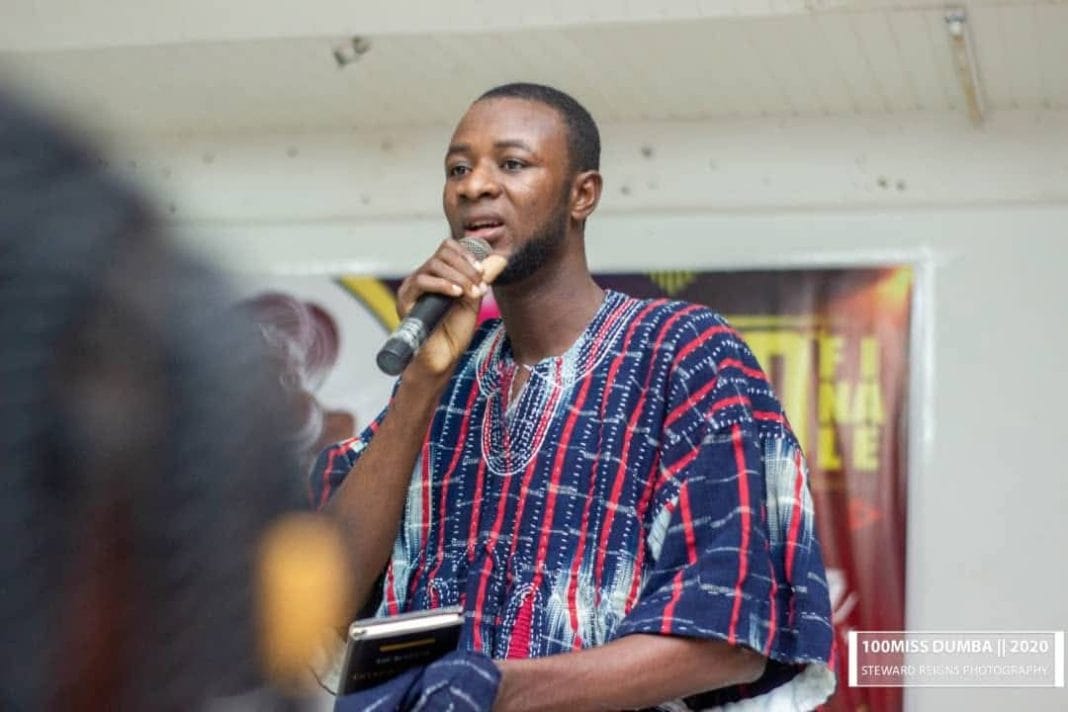There’s something unsettling—no, infuriating—about watching Africa constantly being explained to us (Africans). About watching our art, our philosophies, our histories, and our future get discussed, dissected, and defined in spaces where African voices are either silent or tokenized.
Our creative expressions are often treated like open-source code, free for the taking, remixing, and reselling. The moment you bring something original to the table, it gets co-opted, or whatever they call it “co-created”, polished for Western tastes, and branded as a new discovery.
You might still be cited, if you’re lucky. But ownership? Recognition? Seldom.
Nowhere is this more evident than in academia (the foundation of all creations).
African studies, a field one might assume would be rooted in African scholarship, is often housed in European or American universities.
Non-African academics build entire careers around analyzing our rituals, traditions, trade, policy, innovation and movements. And the painful irony? Africans born and raised in Africa must often travel abroad to study about Africans (ourselves).
Imagine that: uprooted from our ancestral soil, paying tuition in a foreign land, learning about our culture from someone who spent six months in our country and now claims expertise.
Worse still, some of these same individuals return to Africa, briefcases in hand, to “train” locals on how to “enhance” our traditions or “modernize” our lifestyles. It’s colonialism with a smile. A soft power dynamic cloaked in development jargon such as capacity building, knowledge exchange, empowerment, co-creation, and inclusion, among others.
But here’s what they always underestimate: “Africa’s relationship with survival”.
We are not new to being erased, marginalized, or misrepresented. Our ancestors survived deserts and jungles, droughts and floods, slavery and colonization, dispossession and diaspora. We have lived through cycles of dehumanization and yet emerged every time with our spirit unbroken!
We are not a people who require validation to be who we are.
We are descendants of prehistoric resilience, of civilizations that traded across continents, and of kingdoms that built libraries while others were still in the Dark Ages. We have sung our truths through drums and fire, through ink and rhythm, and through soil and sky.
So yes, we have been studied. We have been misunderstood. We have even been stolen from (resources and ideas alike).
But we have never stopped being. We have never stopped knowing who we are.
And now, we are reclaiming our narratives. We are writing our own textbooks, archiving our own art, producing our own films, and leading our own revolutions of thought.
Let it be known: We do not need to be taught how to be African. We have never forgotten.
What we need, what we demand; is the space to define Africa on our own terms without unnecessary interruption, and we demand so unapologetically.
We will speak, not as subjects of study, but as sovereign stewards of our past, present, and future.
Because Africa is not a project. It is a people. And we are done asking for permission to be ourselves, to tell our story and to build as we are pleased.
✌️ Peace ️
About Author:
A thought leadership article written by Latif Mumuni [+233540370624].
Author Bio
Latif Mumuni is a social entrepreneur, writer, and founder of Star Goals MHC. He is committed to redefining African narratives in global development, health equity, economic empowerment, research and innovation.
His work centers on African-led solutions and the sovereignty of indigenous knowledge systems.
Disclaimer:
The views and opinions expressed in this article are those of the author and do not necessarily reflect the official policy or position of A1 Radio or Agreed Best Communication Group. Responsibility for the content lies solely with the author.


